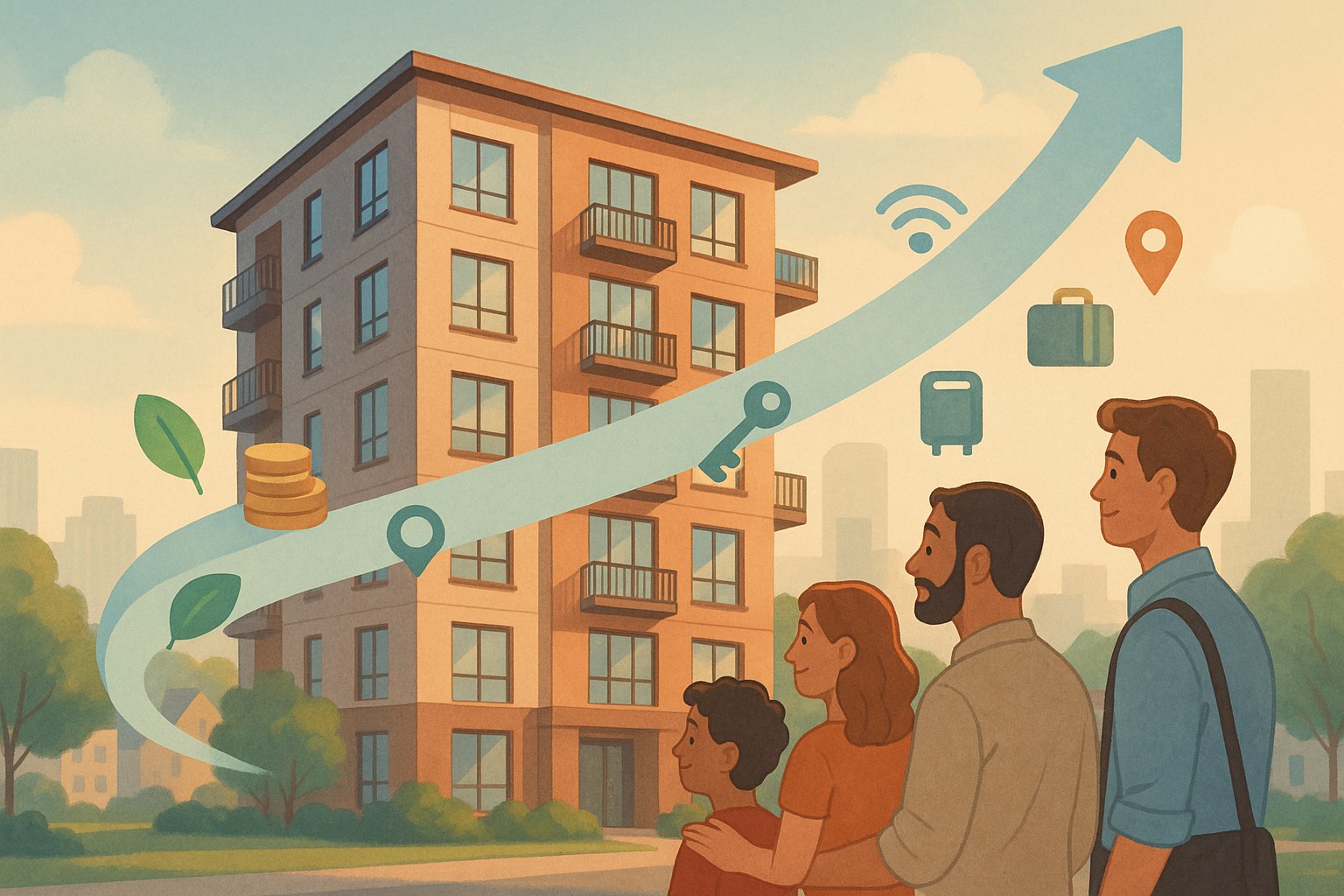What to do when your tenant is locked out… again
 It’s happening again: one of your tenants is locked out and calls you late at night to let him into his rental unit.
It’s happening again: one of your tenants is locked out and calls you late at night to let him into his rental unit.
Accidents happen. I’ve left my hotel key-card in my room plenty of times. But it could be a major annoyance if the same tenant repeatedly gets locked out.
If you don’t mind being on-call 24/7 to deal with every Mr. and Ms. Forgetful you rent to, don’t worry about it. But if you appreciate peace of mind and wish your tenants would learn to be more responsible, there’s a few things you can do to deal with those lost-key situations.
Add a lost-key clause to the contract
By adding a simple sentence or two to your lease, you could charge for a lost key. Include details such as a minor charge for key replacement or for your time traveling to the rental after business hours. You may want to add a clause charging the tenant for locksmith services if you are unavailable and don’t have another means of getting the tenant back into their rental.
While you’re at it, make sure your rental agreement details how many keys each tenant receives upon renting. The contract should also state whether the tenant is allowed to make key copies. Note that if you generally change or re-key the locks between tenants, allowing copies could help prevent lockouts.
Related: Lock Lock, Who’s There? The Rules for Changing Locks
Change the locks
If your tenant locks their keys inside the rental, that’s one thing; outright losing the keys more than once is another. There’s no telling where those lost keys are or who may have access to the building after finding them. In that case, changing the locks makes sense.
Note in the rental agreement that the tenant will be responsible for the full cost of replacing the locks if they lose the keys. This is a potential security issue.
Install “smart” locks
Every time a tenant makes a key copy or loses one of their keys, there’s a chance a nonresident has easy access to that rental unit. Kwikset SmartKey locks eliminate a lot of stress, allowing you to re-key the locks without a locksmith. Make sure you still have a key that opens the lock, or you won’t be able to re-key it.
Related: Re-key the Locks Between Tenants with Kwikset SmartKey
Go keyless
An electronic keypad system is the perfect alternative to dealing with forgetful tenants. Back when I was a renter, my landlord allowed me to choose an access code for the entry door keypad. It was quite nice knowing I could go for a bike ride or jog without carrying keys.
As a landlord, the keypad system is even more beneficial: no more replacing or re-keying locks between tenants. Even better: no more lost-key phone calls. Electronic keypads are battery powered, so the battery needs to be replaced once a year or so. Basic electronic keypads don’t require internet access or a “smart” home system, so there’s no Wi-Fi required. Keypads fit many types of doors.
Ultimately, re-keyable locks and keypad systems help prevent lost-key syndrome, which means more peace of mind for you and your tenants in the long run.








